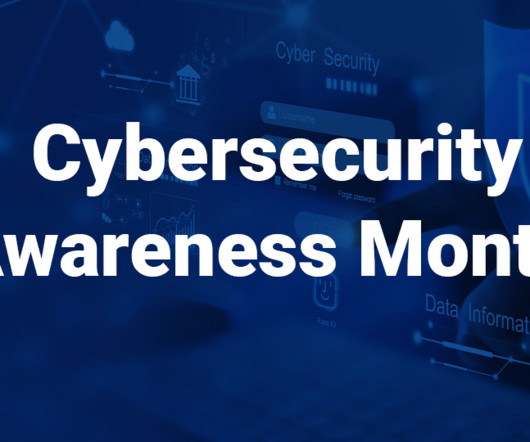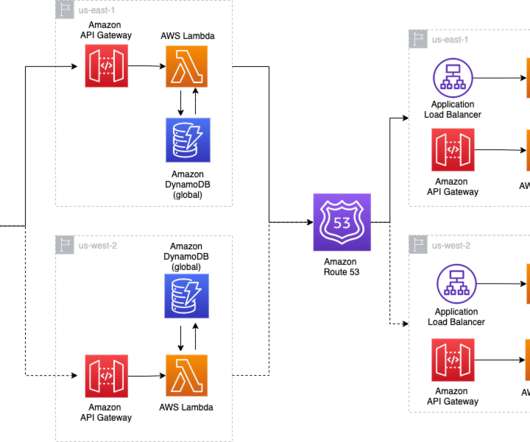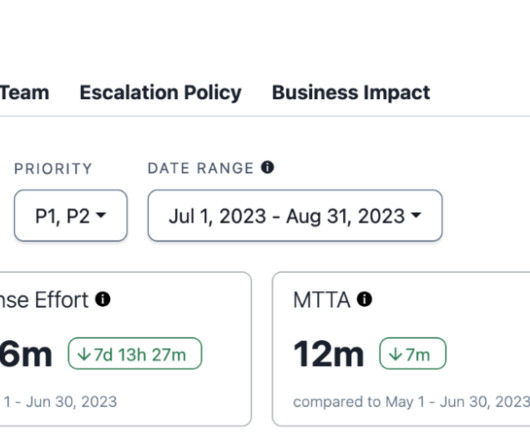The Mechanics of Effective Crisis Management: Navigating Challenges with Precision
Bernstein Crisis Management
SEPTEMBER 5, 2023
Learning from Every Challenge: Adapting and Improving Every crisis presents an opportunity for growth, and effective crisis management entails a thorough post-crisis evaluation. This analysis dissects what went well and what could be improved, creating a feedback loop that refines crisis strategies for future challenges.




























Let's personalize your content